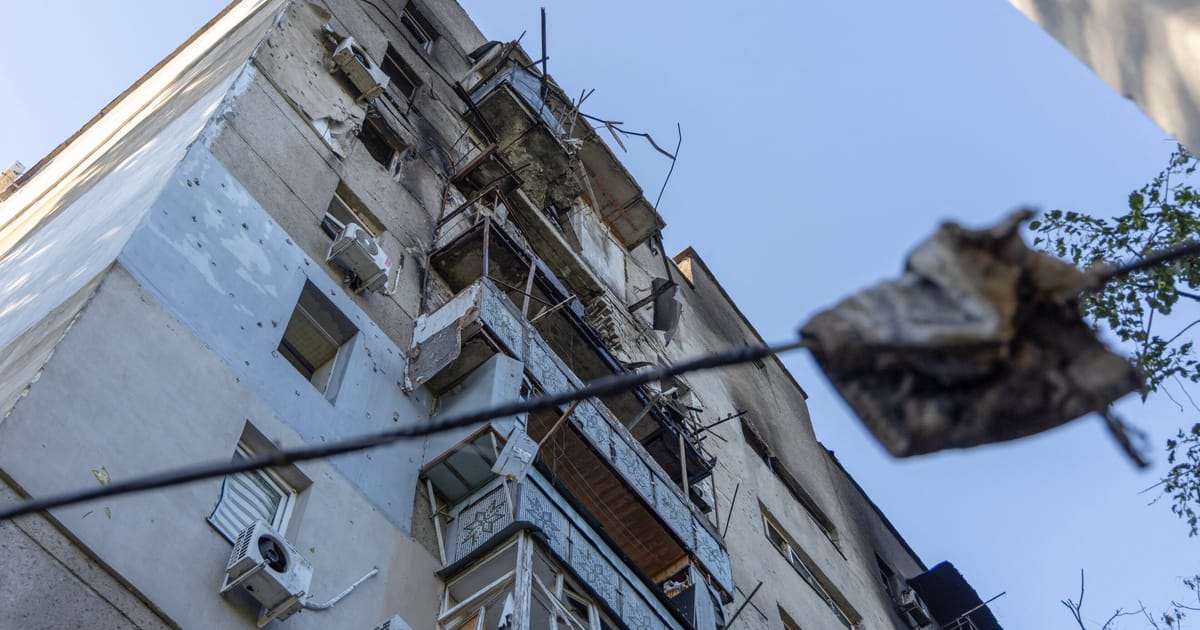

In the past week, significant events unfolded across various global regions, each contributing to the broader tapestry of international affairs. From escalating tensions in Ukraine to humanitarian concerns in Gaza and instabilities in Syria, these developments remind us of the interconnected nature of world peace and stability.
In Ukraine, tensions have surged as the country faced a massive drone attack by Russia. Ukrainian President Volodymyr Zelenskyy reported that over 300 strike drones and 30 missiles targeted cities such as Odesa, resulting in heightened concerns for the safety and security of residents. Meanwhile, Russia claimed to have intercepted 142 Ukrainian drones, including those directed towards Moscow, a move that highlights the ongoing conflict between the two nations. The exchanges underscore the fragile nature of the situation and the complexities involved in reaching peace. Such confrontations remind us to consider the impacts on civilians and the broader implications for regional security.
Simultaneously, the humanitarian situation in Gaza has drawn international attention. Pope Leo XIV condemned the “barbarity” of the ongoing conflict, expressing anguish over an attack that targeted the territory’s only Catholic church, resulting in casualties. The conflict’s toll on civilians was further emphasized by reports from Gaza’s health ministry, stating that at least 73 Palestinians were killed while waiting for food. The ministry’s accounts highlighted locations predominantly in the northern regions of Gaza, with reports of additional injuries, some critically severe, following allegations of Israeli military action against the crowd. This situation has sparked worldwide outcry, amplifying calls for immediate humanitarian relief and peaceful resolutions.
On the political front, the Gaza Humanitarian Foundation has been suggested as a replacement for the traditional aid system orchestrated by the UN and various international organizations. This proposal has led to charges of politicization, with critics suggesting that the approach might violate international norms by potentially depopulating certain areas of Gaza. These intricacies further complicate the effort to meet humanitarian needs while avoiding political entanglements.
In Syria, an uneasy calm returned to the Sweida province after a week of intense violence between Bedouin and Druze groups. The conflict, which claimed an estimated 1,000 lives, has seen tentative peace as fighters withdrew from the area. Following calls for a comprehensive ceasefire by the Syrian government, efforts to stabilize and secure the province are ongoing. The past clashes served as a stark reminder of the deep-seated divisions and the continuing challenges facing Syria’s governance in achieving enduring peace.
The broader reflections of these multiple crises highlight the expansive and interlinked challenges across geopolitical landscapes. As communities work towards rebuilding and reconciliation, these events underscore the importance of international cooperation and dialogue in addressing underlying issues to ensure long-term peace and stability.
Source: {link}
